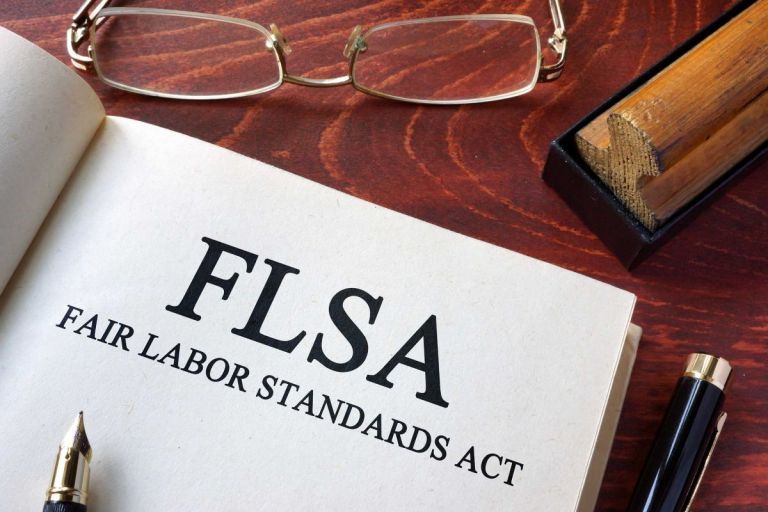Massachusetts Implements Fair Labor Standards Act Standard in Determining Joint Employer Status

Recently, the Supreme Judicial Court (SJC) examined the issue of whether the Massachusetts independent contractor statute can also be the basis for determining whether an entity qualifies as an individuals’ joint employer.
The case, Jinks, et al. v. Credico (USA) LLC, centered around the defendant’s subcontract agreement with the plaintiff to provide regional direct sales services for its nationally based clients. The Court held the defendant was not liable, under Massachusetts wage laws, as the “joint employer” of the plaintiff. A “joint employer” is an entity that shares the control and supervision of an employee’s activity with one or more other entities. In its analysis, the SJC abandoned the Massachusetts independent contractor statute (G.L. c. 149, §148B), relying on the Fair Labor Standards Act (FLSA)’s “joint employer” test instead.
According to the FLSA, in determining whether an entity is a joint employer of an individual, one must consider the totality of the circumstances of the relationship between the individual and entity. In doing so, the court examines whether the entity (1) had the power to hire and fire the individual, (2) supervised and controlled the individual’s work schedules or conditions of employment, (3) determined the rate and method of payment, and (4) maintained employment records.
The Court found this framework to be more appropriate as Massachusetts wage laws are largely based off the FLSA. In its ruling on this case, the Court did not find that Jinks could reasonably prove Credico exercised the degree of control necessary to conclude it was a joint employer. The impact that the implementation of the FLSA test will have on future joint employer litigation remains to be seen.
If you have questions about the Fair Labor Standards Act, or any other general employment issues, please do not hesitate to contact the attorneys at The Royal Law Firm at 413-586-2288.







